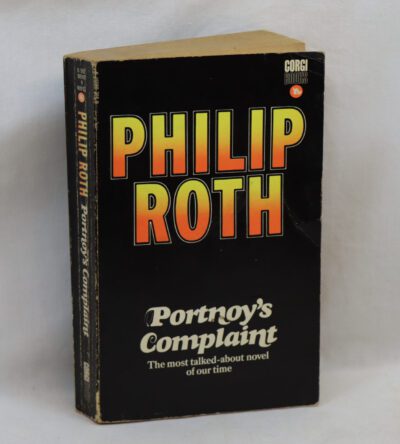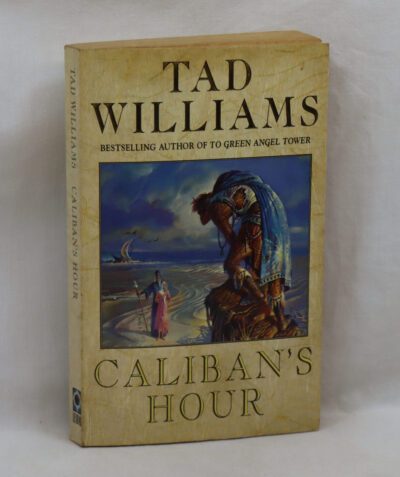Tess of the D'Urbervilles.
By Thomas Hardy
Printed: 1925
Publisher: Macmillan. London
Edition: Wessex edition
| Dimensions | 12 × 17 × 1.5 cm |
|---|---|
| Language |
Language: English
Size (cminches): 12 x 17 x 1.5
Condition: Very good (See explanation of ratings)
Your items
Item information
Description
Maroon cloth binding with gilt title on the spine and front board.
- We provide an in-depth photographic presentation of this item to stimulate your feeling and touch. More traditional book descriptions are immediately available
Note: This book carries a £5.00 discount to those that subscribe to the F.B.A. mailing list.
Reprint. 516 pages. No dust jacket. Red cloth with gilt lettering. Clean pages. Notable tanning to endpapers and page edges. Mild wear and bumping to spine, board edges and corners, with scuffing and marking to boards.
Tess of the d’Urbervilles: A Pure Woman is a novel by Thomas Hardy. It initially appeared in a censored and serialised version, published by the British illustrated newspaper The Graphic in 1891, then in book form in three volumes in 1891, and as a single volume in 1892. Although now considered a major novel of the 19th century, Tess of the d’Urbervilles received mixed reviews when it first appeared, in part because it challenged the sexual morals of late Victorian England.
The novel is set in an impoverished rural England, Thomas Hardy’s fictional Wessex.
Thomas Hardy OM (2 June 1840 – 11 January 1928) was an English novelist and poet. A Victorian realist in the tradition of George Eliot, he was influenced both in his novels and in his poetry by Romanticism, including the poetry of William Wordsworth. He was highly critical of much in Victorian society, especially on the declining status of rural people in Britain such as those from his native South West England.
While Hardy wrote poetry throughout his life and regarded himself primarily as a poet, his first collection was not published until 1898. Initially, he gained fame as the author of novels such as Far from the Madding Crowd (1874), The Mayor of Casterbridge (1886), Tess of the d’Urbervilles (1891) and Jude the Obscure (1895). During his lifetime, Hardy’s poetry was acclaimed by younger poets (particularly the Georgians) who viewed him as a mentor. After his death his poems were lauded by Ezra Pound, W. H. Auden and Philip Larkin.
Many of his novels concern tragic characters struggling against their passions and social circumstances, and they are often set in the semi-fictional region of Wessex; initially based on the medieval Anglo-Saxon kingdom, Hardy’s Wessex eventually came to include the counties of Dorset, Wiltshire, Somerset, Devon, Hampshire and much of Berkshire, in south-west and south central England. Two of his novels, Tess of the d’Urbervilles and Far from the Madding Crowd, were listed in the top 50 on the BBC’s survey The Big Read.
Condition notes
Want to know more about this item?

Related products
Share this Page with a friend











